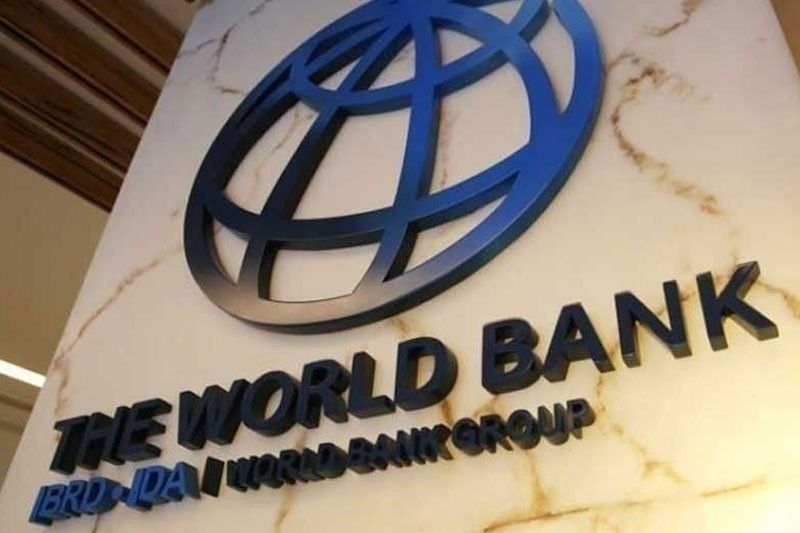World Bank lends $800 million for Philippines energy transition

MANILA, Philippines — The World Bank has approved an $800-million loan to support reforms promoting the shift to clean energy and climate resilience in the Philippines.
In a statement yesterday, the multilateral lender said its board of directors approved the loan to support the Philippine government’s policy reform efforts aimed at scaling up the adoption of clean energy technologies, increasing the security and competition of electricity markets, as well as improving water management.
The First Energy Transition and Climate Resilience Development Policy Loan is expected to increase the share of renewable energy in installed generation capacity to 42 percent by 2027 from 30 percent in 2023.
It will also finance the procurement of 1,000 megawatts of new offshore wind capacity and the implementation of energy efficiency measures.
In addition, it will support the use of electric vehicles in the public sector fleet.
The program will likewise help improve water resources management and water supply and sanitation through reforms that will promote better coordination between national and local governments.
While the Philippines has bounced back from the disruptions of the COVID-19 pandemic, it faces risks and challenges to long-term growth including rising dependence on imported energy, high power costs and natural disasters.
“Focusing on renewable energy sources and using energy more efficiently can help the country reduce electricity costs, improve energy security and cut down on pollution,” World Bank division director for the Philippines, Malaysia and Brunei Zafer Mustafao?lu said.
“Using more affordable renewable energy in the energy and transport sectors is crucial for the Philippines to build a strong economy,” he said.
To accelerate energy transition and make electricity affordable, World Bank senior energy specialist and task team leader Feng Liu said reforms are needed to ensure the Philippine government achieves its renewable energy and energy efficiency targets, while improving grid capacity and promoting competition in electricity markets.
“These reforms can help lower power supply cost and improve the reliability and resilience of the power system, thereby making electricity more affordable and reliable for Filipino households and businesses,” Liu said.
- Latest
- Trending























